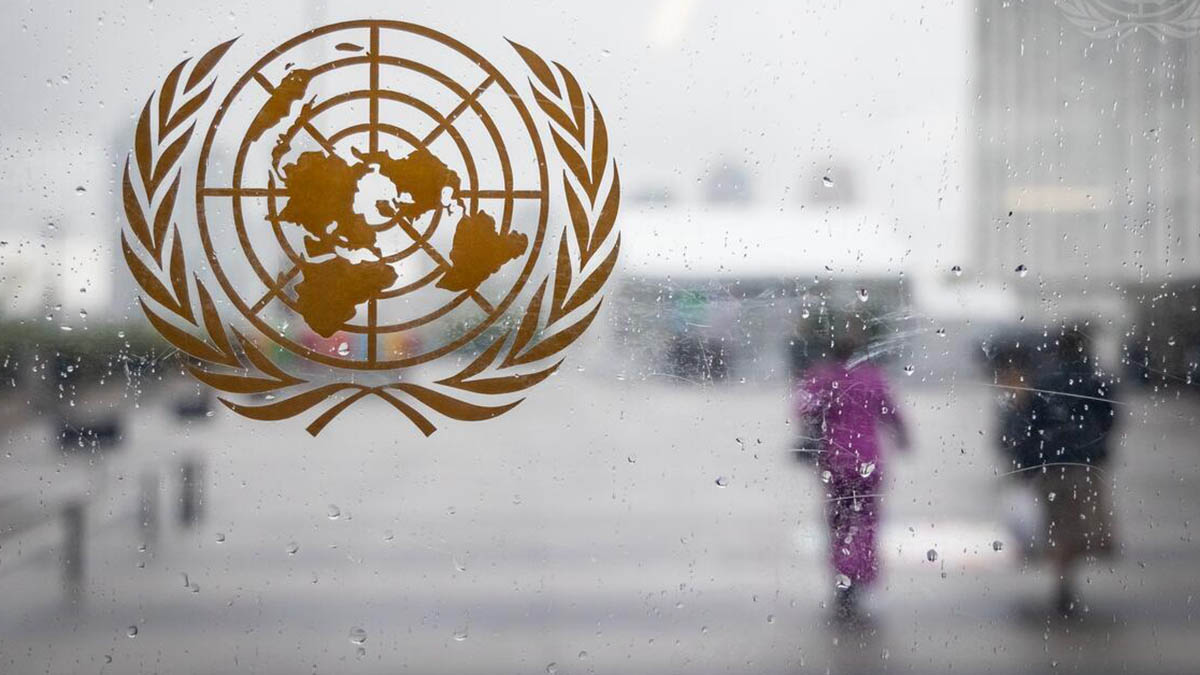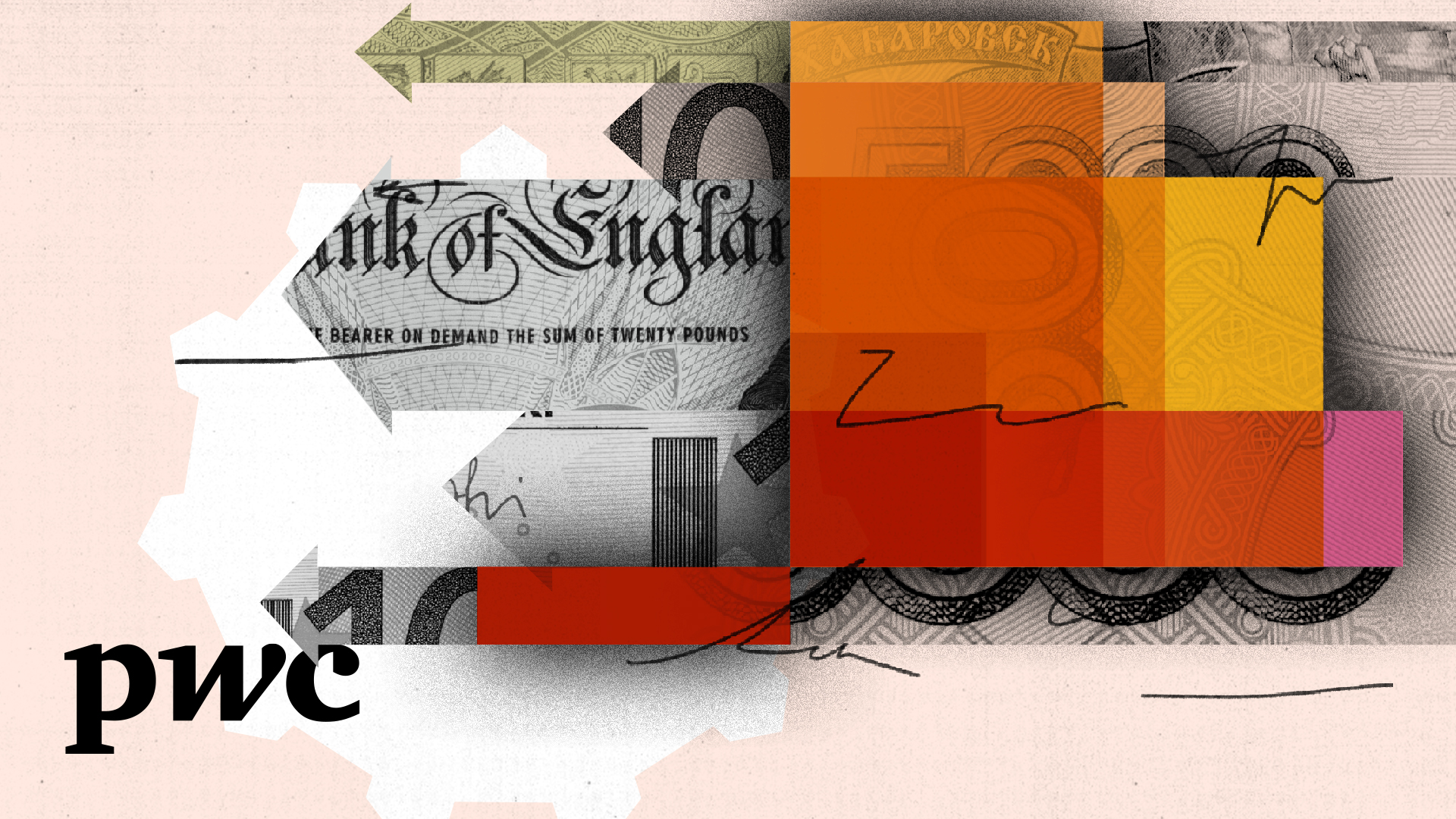In wake of ICIJ’s exposé, EU officials may launch new investigations of Luxembourg’s corporate tax deals.
Luxembourg may face new investigations into its tax policies as it scrambles to defend itself following an ICIJ investigation that has exposed hundreds of secret tax deals handed out by the tiny European duchy to some of the world’s largest multinational companies.
In Brussels, the European Commission said Thursday that it may expand an existing investigation into private deals provided by Luxembourg to major companies seeking to cut their tax bills. The announcement came at a press conference dominated by questions about the so-called Luxembourg Leaks probe by the International Consortium of Investigative Journalists.
Details of ICIJ’s investigation are being published by more than 30 media partners around the world. Other media have also followed up on the story, with the BBC, the New York Times, the Wall Street Journal, Reuters, Bloomberg and dozens of other outlets running reaction pieces raising questions about Luxembourg’s tax deals and about the role that the European Commission’s new president, Jean-Claude Juncker, played in overseeing Luxembourg’s tax policies when he served as the country’s prime minister.
In response to the wave of media attention, Luxembourg’s current prime minister, Xavier Bettel, told reporters that Luxembourg’s tax policies are “in line with international and national rules.” Luxembourg’s approach to taxes is “not something that’s particular to Luxembourg. It exists in a lot of countries,’’ Pierre Gramegna, the country’s finance minister, said at a press conference Thursday, just hours after the Luxembourg Leaks stories were first published.

ICIJ reported Wednesday that more than 300 multinational companies have transferred profits through Luxembourg in order to reduce their tax bills, in some cases pushing their effective tax rates on profits shuffled through Luxembourg below 1 percent. The findings are based on an analysis of leaked PricewaterhouseCoopers documents showing that Luxembourg had provided hundreds of “comfort letters” to major corporations, including PepsiCo, IKEA and FedEx, allowing them save billions of dollars in taxes.
It was under Juncker’s 19-year tenure as Luxembourg’s prime minister that the rulings providing favorable corporate tax treatment were approved. Mr. Margaritis Schinas, the commission’s spokesman, declined to comment on whether Juncker had been aware of these deals. He added that Juncker would not participate in the Luxembourg investigation but would not abstain from any final decision taken by the commission regarding Luxembourg.
Juncker, Schinas said, “is very serene” following the ICIJ report. Juncker said at a news conference on Wednesday, prior to the release of ICIJ’s reports, that he would not block any investigations into Luxembourg. “I have some ideas on the topic, but I will keep my counsel.”
Australia vows to act
Following the ICIJ report, the Australian tax authorities said they were increasing efforts to make sure international companies pay tax on the income they earn in Australia. “We are very aware that taking action with those who do not do the right thing is critical to community confidence in our fairness and integrity, and ultimately the sustainability of the system,” Chris Jordan, Australia’s commissioner of taxation, said Thursday.
In Denmark, Danish Tax Minister Benny Engelbrecht, told the national radio network, DR, that he planned to push European Competition Commissioner and Denmark’s former deputy prime minister Margrethe Vestager to take action on Luxembourg’s corporate tax deals.
“It smells like illegal state aid,” Engelbrecht said. “I will contact the European Commission and have great hopes that Margrethe Vestager will act on this.”
News reports about Luxembourg’s private tax deals come as European finance ministers have assembled in Brussels to discuss corporate tax practices. The ICIJ findings are expected to draw increased attention to corporate tax avoidance, profit shifting and disclosure of financial information.
A spokesman for Vestager said that “we have not seen all the information published yesterday, and we have at this stage not yet formed an opinion about these rulings and a possible formal follow-up by the Commission.”
The commission is already looking into tax avoidance schemes in the Netherlands, Ireland and Luxembourg. Two active EU investigations concern Luxembourg tax rulings involving Amazon and Fiat Finance. Amazon tax returns have been posted online by ICIJ as part of an interactive database that allows the public to search the leaked documents.
A ‘game changer’ for Europe
Meanwhile, other European officials are weighing in on the ICIJ reports. German Finance Minister Wolfgang Schaeuble, told German lawmakers in Berlin that Luxembourg has “a lot to do” to meet global standards based on the ICIJ findings.
Also in Germany, Sven Giegold, a spokesman for Alliance90/Greens political party said ICIJ’s revelations are “a major blow” to Juncker’s credibility.
“There has never been such concrete evidence of the extent multinational corporations go to avoid their tax responsibility but also of the role of state actors in facilitating this,’’ he said. “The fact that EU commission president Juncker served as Luxembourg’s finance and prime minister throughout this period makes him directly complicit in this mass corporate tax avoidance.”
British MP Margaret Hodge, who is Chair of the Public Accounts Committee in the UK, called on Juncker to break his silence and explain his actions to Europe.
“How can we know he’s working in the interest of Europe when as prime minister [in Luxembourg] he exploited populations in every European country and elsewhere for decades,” Ms Hodge asked.
Ronen Palan, a professor of political economy at City University, London, and a tax policy expert, called the ICIJ reports “a game changer.”
“Luxembourg has managed to remain ‘under the radar’ not least because its politicians and bankers have been denying for years that it is, or ever was, a tax haven. The ICIJ provides the necessary proof that it is,’’ he said in a statement.
Advocacy groups hailed the ICIJ reports. “When Luxembourg’s deals are exposed to the light of day, they become harder to justify, legally or morally,” Porter McConnell, manager of the Financial Transparency Coalition, said.
Catherine Olier, a tax expert at Oxfam in Brussels, said that the Luxembourg Leaks revelations underline “the scale of the problem of tax dodging. It’s not just one isolated scandal. We’re talking about a whole industry making profits disappear, which hurts Europeans and developing countries alike.”
Olier said eliminating “sweetheart tax deals” and providing greater financial transparency “should be one of the main priorities for the new European Commissioner President Juncker and his team.”
Another advocate, Tove Maria Ryding, tax justice coordinator for EuroDad in Brussels, said ICIJ’s findings show “that international corporate taxation is in a state of crisis.”
PricewaterhouseCoopers issued a statement following the release of the tax documents, and said the firm would not comment on any client relationships.
“All our advice and assistance is given in accordance with applicable local, European and international tax laws and agreements,” the statement said.




